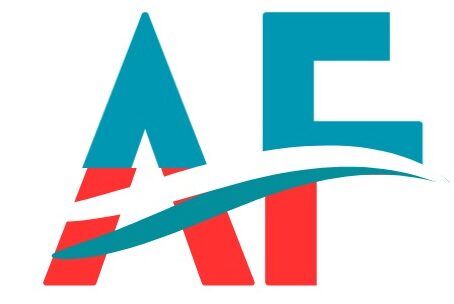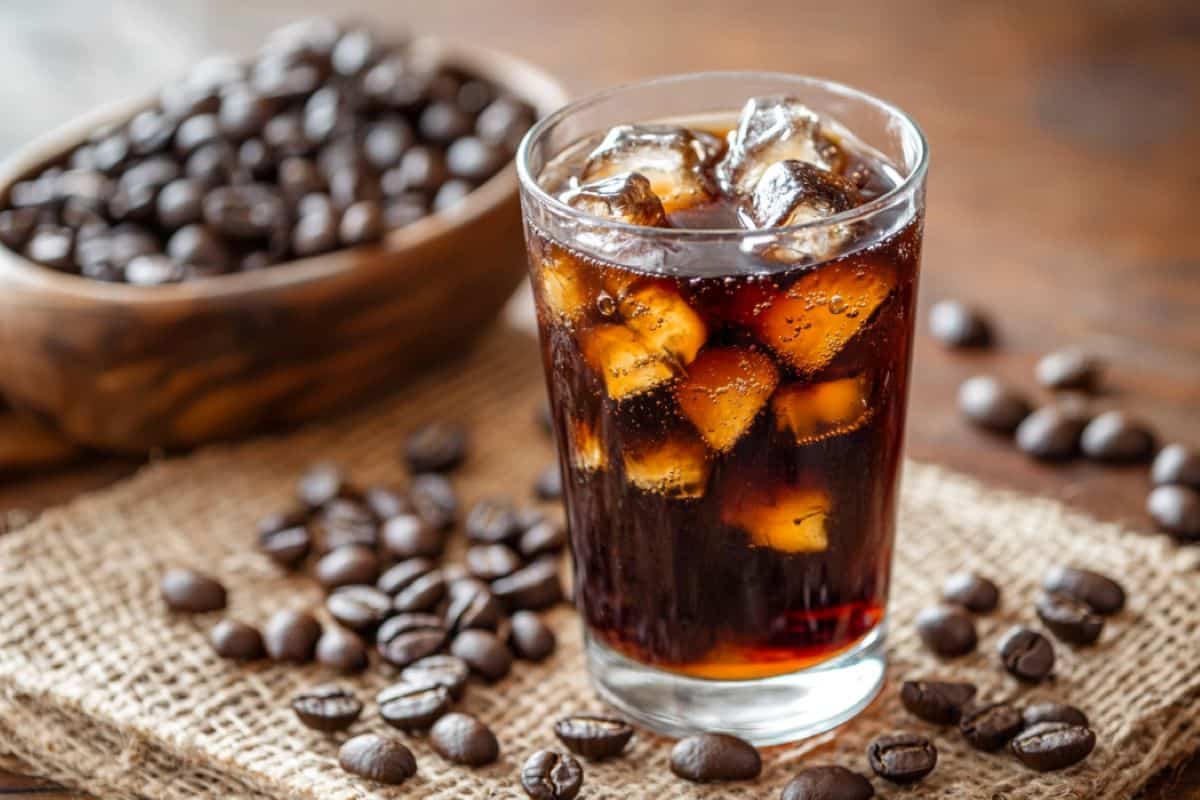When it comes to choosing a drink, most of us have our go-to options, whether it’s a morning cup of coffee, a refreshing glass of water, or a fizzy soda. But did you know that your beverage choice could play a significant role in your overall health? Recent studies have delved into how common drinks like coffee, water, and soda may affect your risk of developing cardiovascular conditions, including stroke. In this post, we’ll explore the science behind these popular beverages and offer tips on how to make better choices for a healthier lifestyle.
The Link Between Beverages and Stroke Risk
While some beverages provide essential nutrients, others can have negative impacts on your body, particularly when consumed in large quantities. Stroke, a serious medical condition that occurs when blood flow to the brain is interrupted, can lead to severe outcomes like brain damage or even death. Understanding how what you drink can influence this risk is crucial for maintaining good health.
Coffee: A Complex Beverage with Surprising Benefits
Coffee, often considered an indispensable morning ritual, has been the subject of numerous studies. While it’s been criticized for potentially increasing blood pressure, recent research indicates that moderate coffee consumption may actually lower your risk of stroke. The key lies in the bioactive compounds in coffee, such as antioxidants and polyphenols, which have anti-inflammatory properties.
According to the American Heart Association, drinking one to two cups of coffee daily may reduce stroke risk by as much as 10-15%. However, it’s essential to note that adding excessive sugar or high-fat creamers can negate these benefits. To keep coffee a healthy option, consider drinking it black or with minimal additives.
Water: The Ultimate Hydrator and Protector
It’s no surprise that water, the most basic of all beverages, is the healthiest choice for your body. Proper hydration is essential for maintaining optimal circulation and blood flow, which are vital for stroke prevention. Dehydration can lead to thicker blood, increasing the likelihood of blood clots, which are a major cause of ischemic strokes.
Experts recommend drinking at least eight 8-ounce glasses of water daily, but individual needs can vary based on activity level, climate, and overall health. The benefits of water go beyond stroke prevention; it helps regulate body temperature, aids in digestion, and keeps your skin healthy.
Soda: The Risky Choice for Your Health
Soda, both regular and diet, is often considered one of the worst beverage choices for your health. Regular soda is loaded with sugar, which can lead to weight gain, increased blood pressure, and a higher risk of type 2 diabetes—all factors that contribute to stroke risk. Even diet soda, which may seem like a healthier option, is linked to cardiovascular issues due to artificial sweeteners and other additives.
A study published in the journal Stroke found that people who consumed diet soda daily were 48% more likely to experience a stroke than those who didn’t consume it at all. The high sugar content in regular soda and the potential health risks associated with artificial sweeteners in diet soda make these beverages best avoided or consumed sparingly.
Making Healthier Beverage Choices
Given the impact that beverage choices can have on stroke risk, it’s essential to be mindful of what you drink. Here are some strategies to ensure your beverage habits are supporting your health:
- Choose Water as Your Primary Drink: Whenever possible, make water your go-to beverage. If plain water is too bland, consider adding a splash of lemon or a few cucumber slices for natural flavoring.
- Limit Coffee Intake to a Moderate Level: While coffee can be beneficial in moderation, excessive consumption can lead to increased blood pressure and dehydration. Aim for one to two cups a day, and opt for unsweetened or lightly sweetened varieties.
- Avoid Sugary and Diet Sodas: Replace sodas with healthier options like sparkling water, herbal teas, or infused water. If you crave carbonation, opt for seltzer with a hint of natural fruit flavor.
- Incorporate Herbal Teas: Teas like green tea, hibiscus, or chamomile not only hydrate but also provide antioxidants that support cardiovascular health.
The beverages you choose on a daily basis do more than quench your thirst; they can significantly impact your risk of developing conditions like stroke. While water remains the best option for optimal health, moderate coffee consumption may offer benefits, and sodas—whether regular or diet—pose risks that are better avoided. Making informed choices about what you drink is a simple yet powerful step toward reducing your stroke risk and enhancing your overall well-being.
By paying closer attention to your beverage habits, you can enjoy your favorite drinks without compromising your health. Stay hydrated, make smart choices, and remember that even small changes can lead to significant health benefits.
AFRIPOPULA

